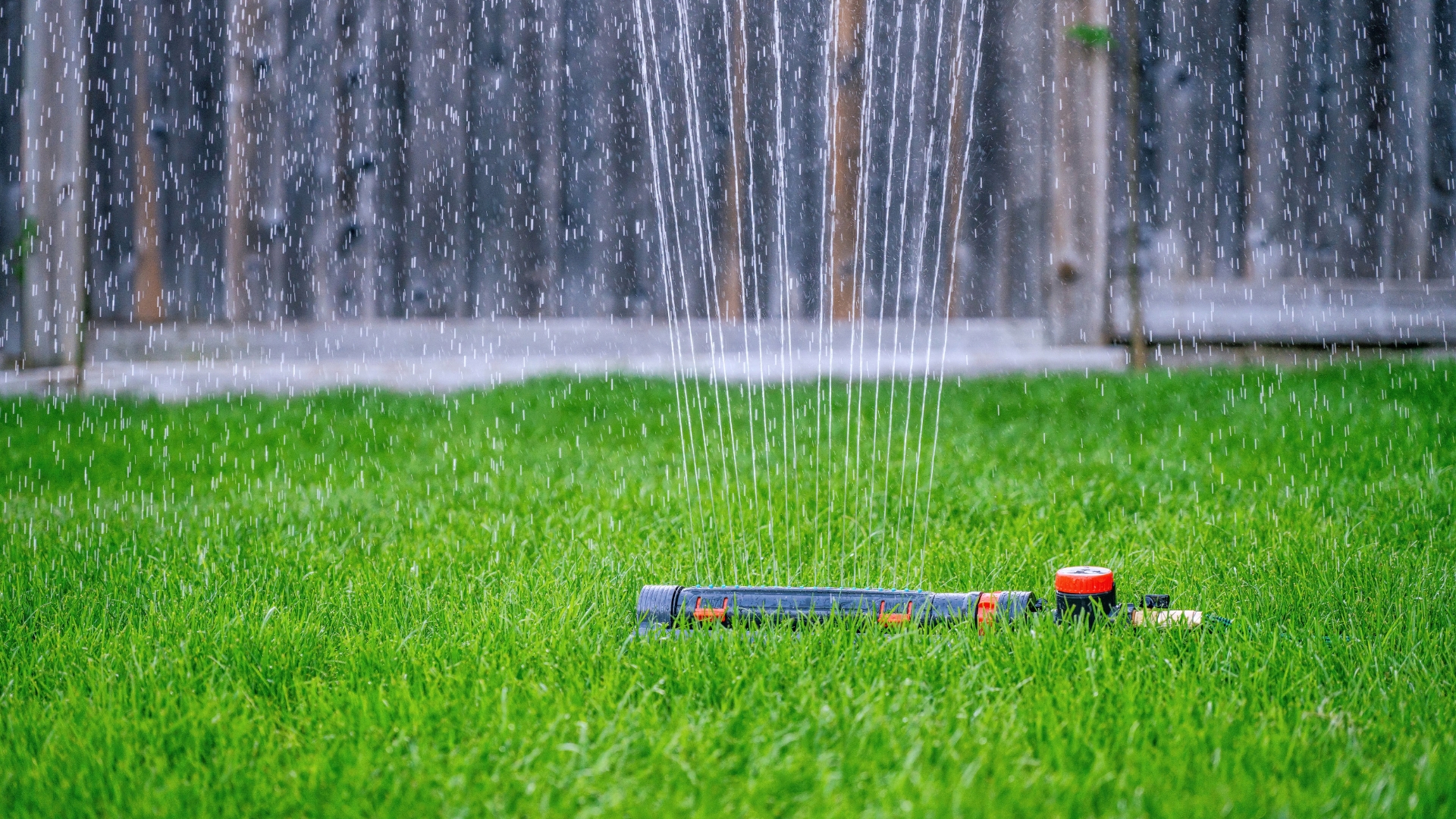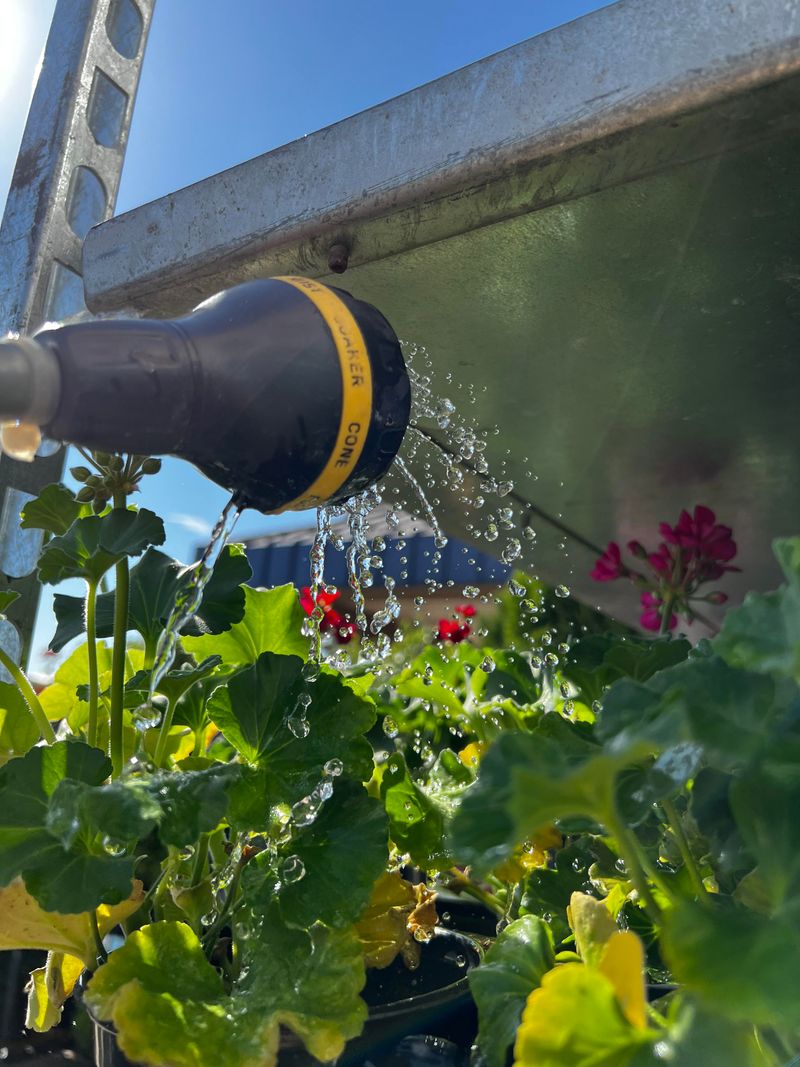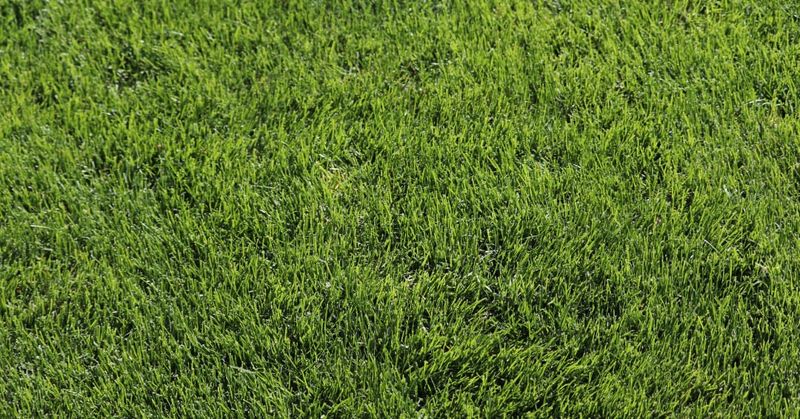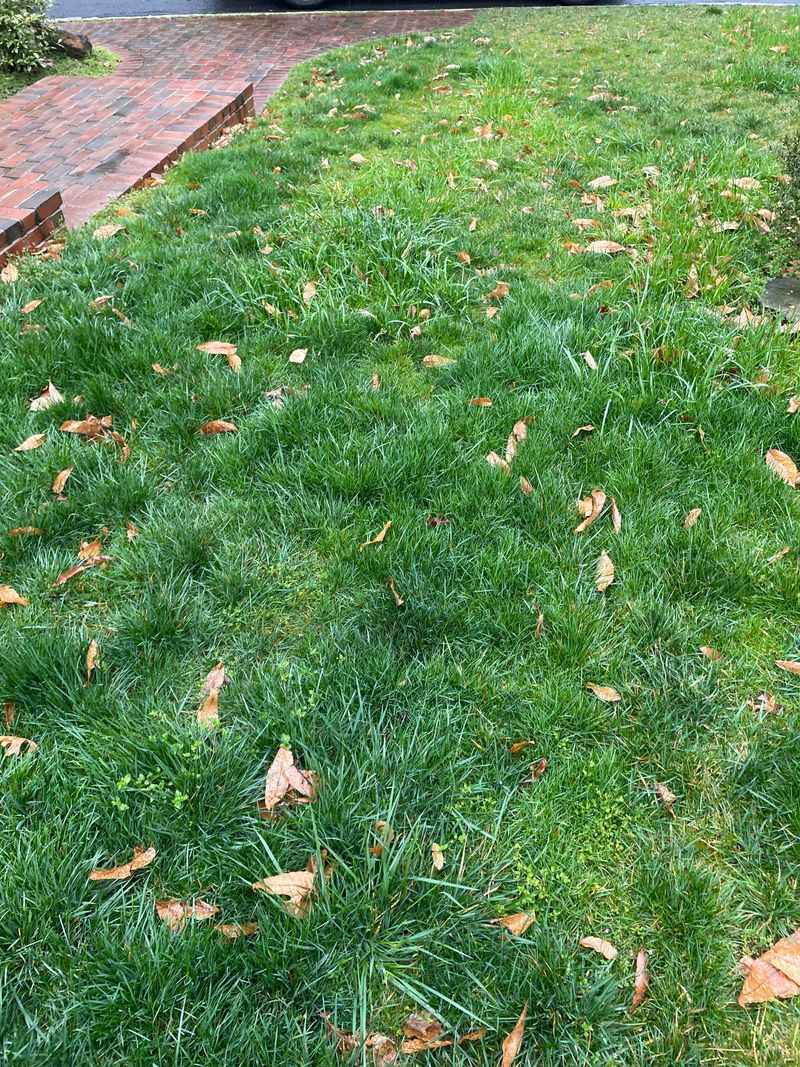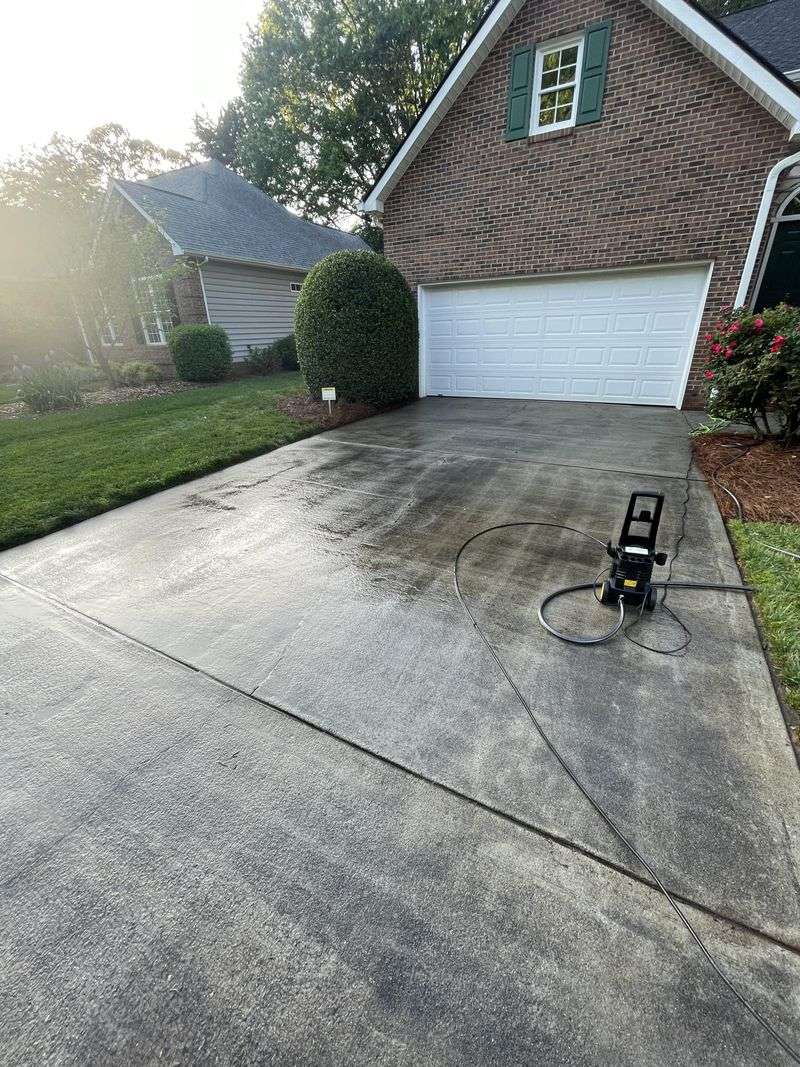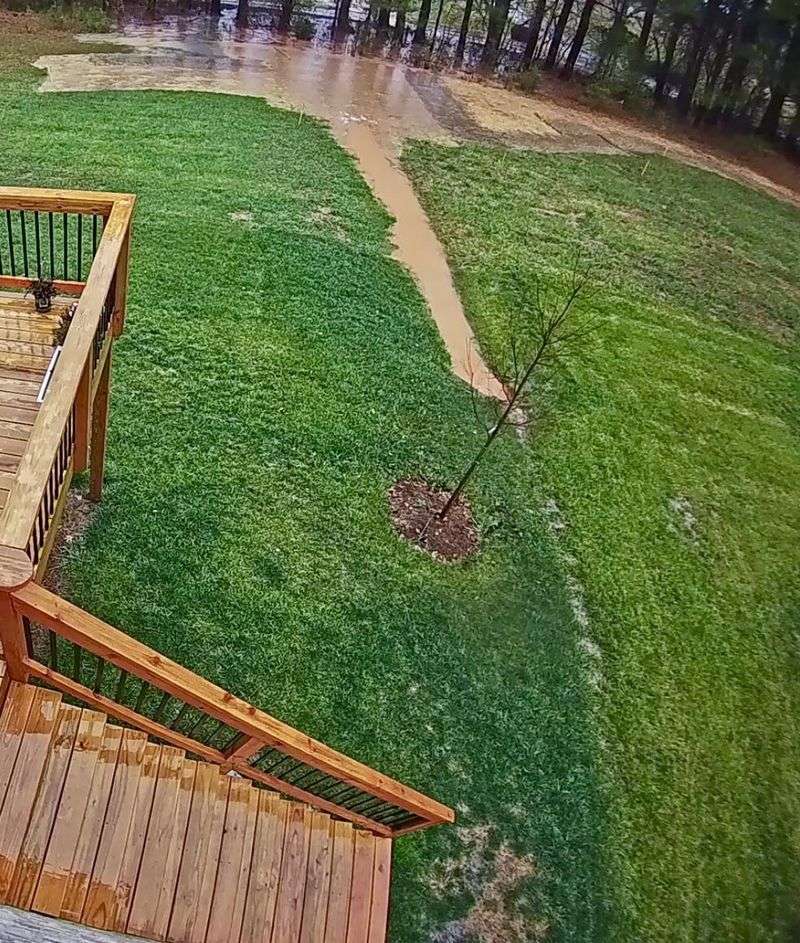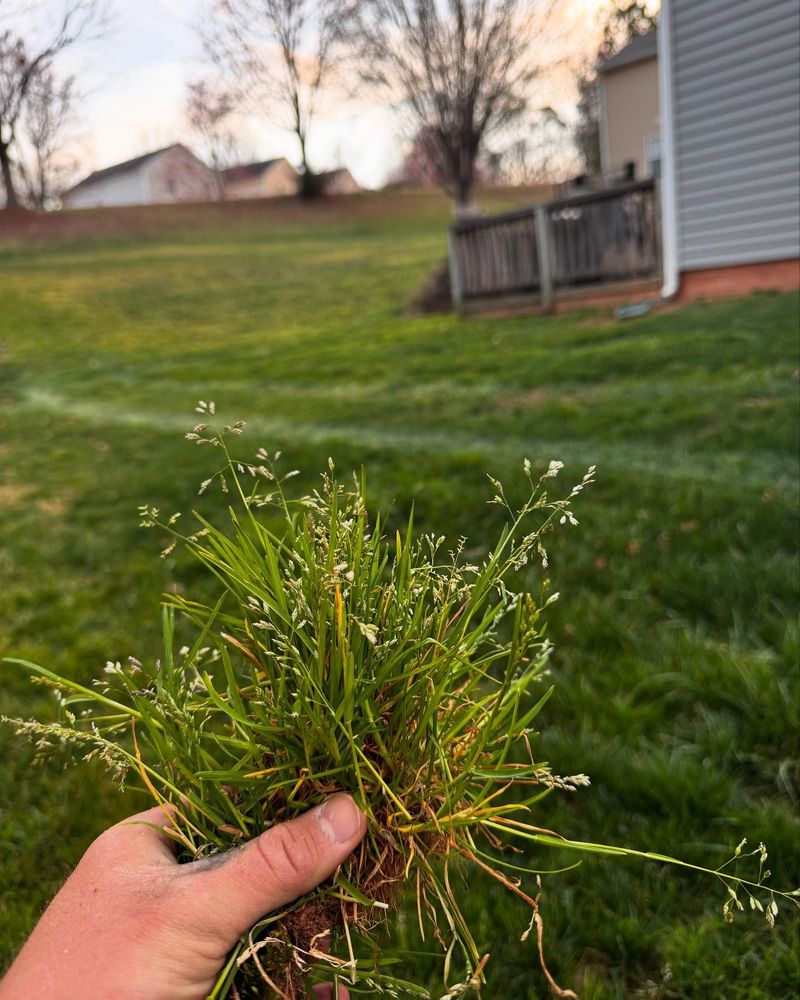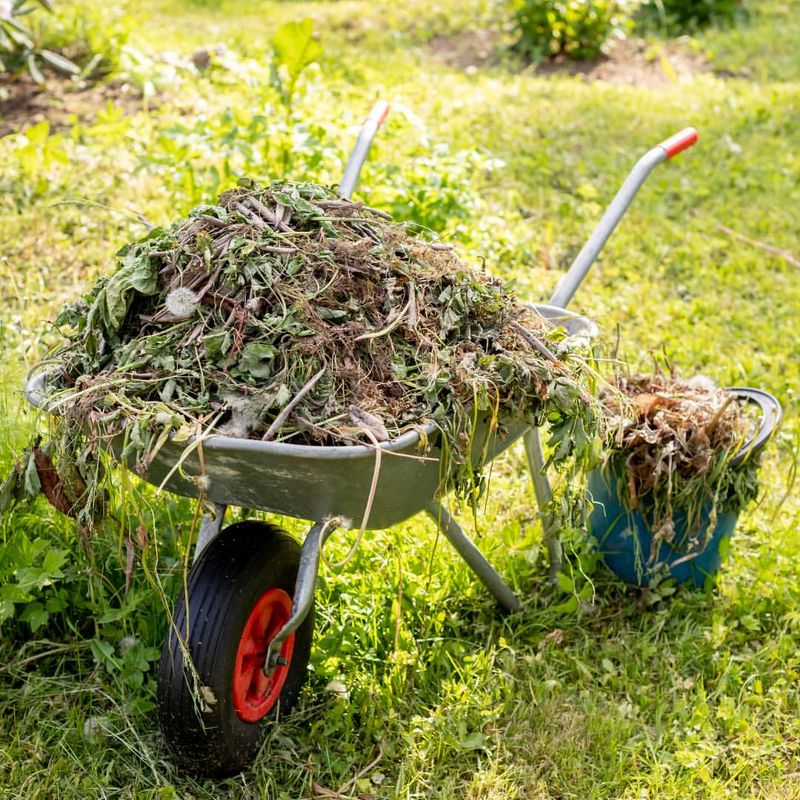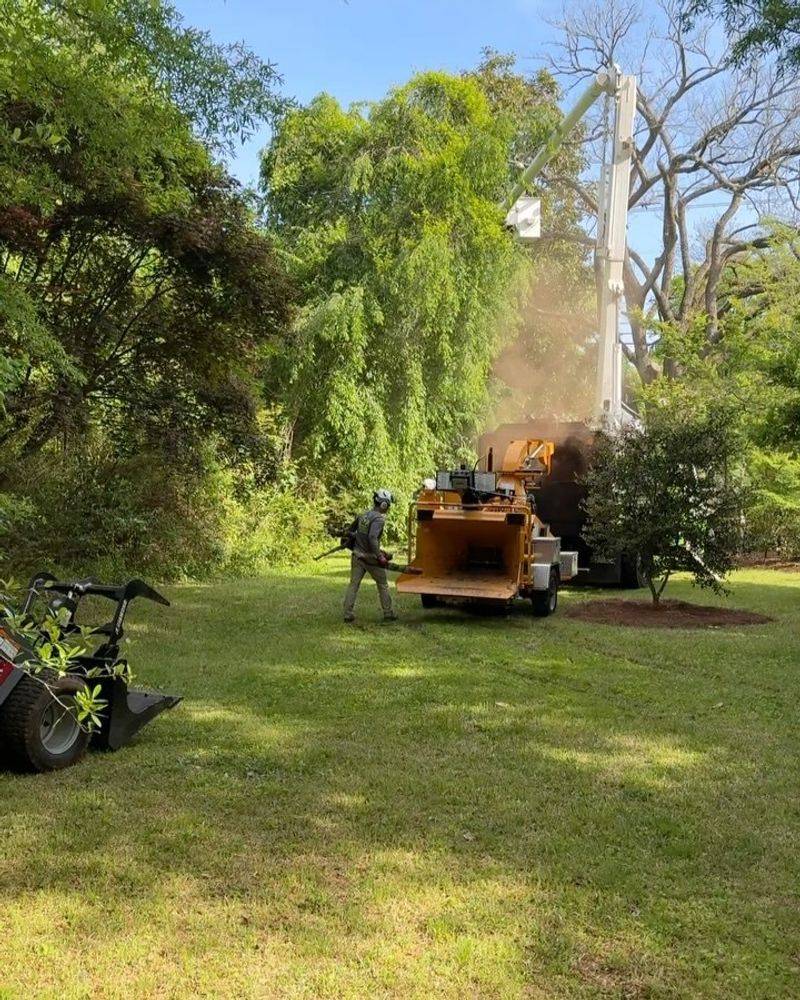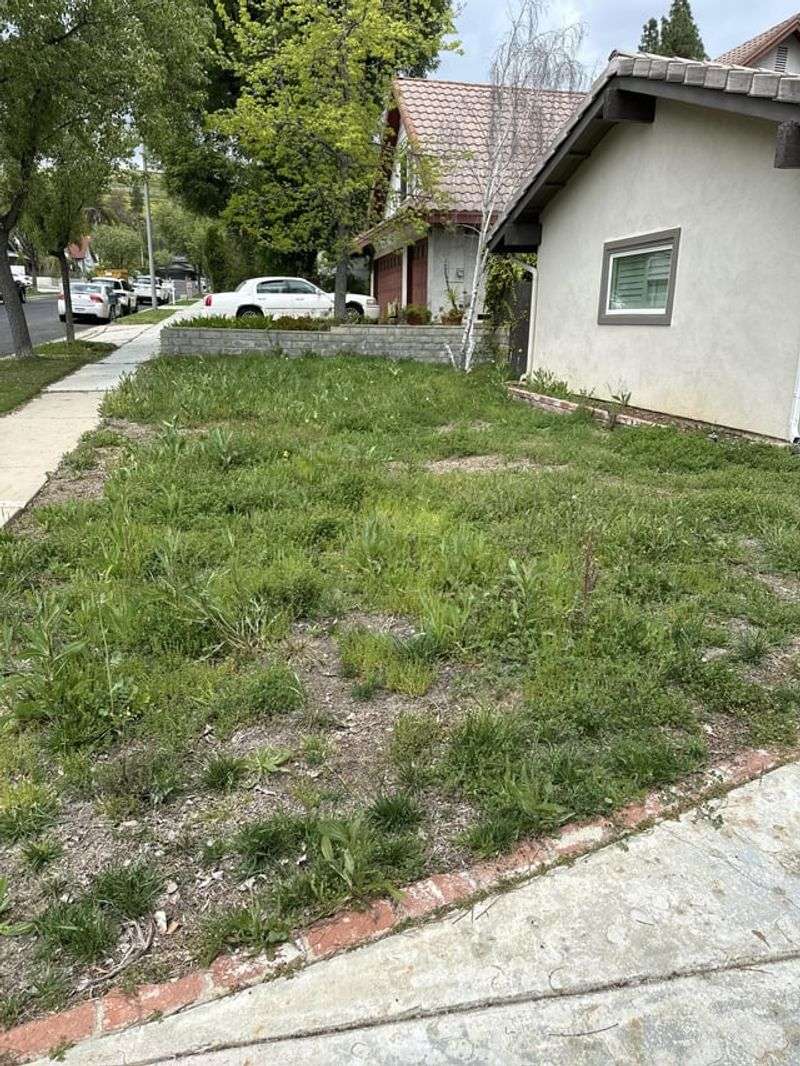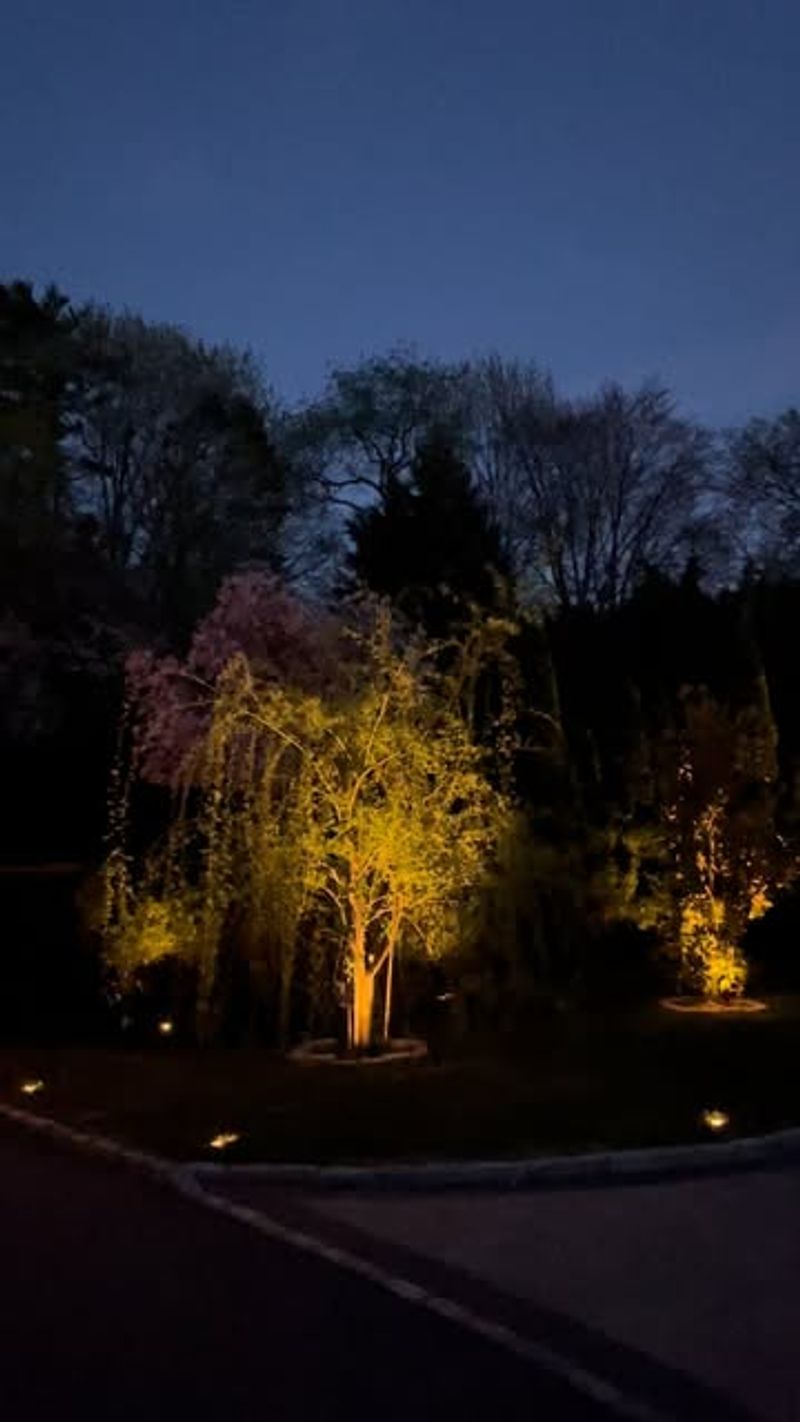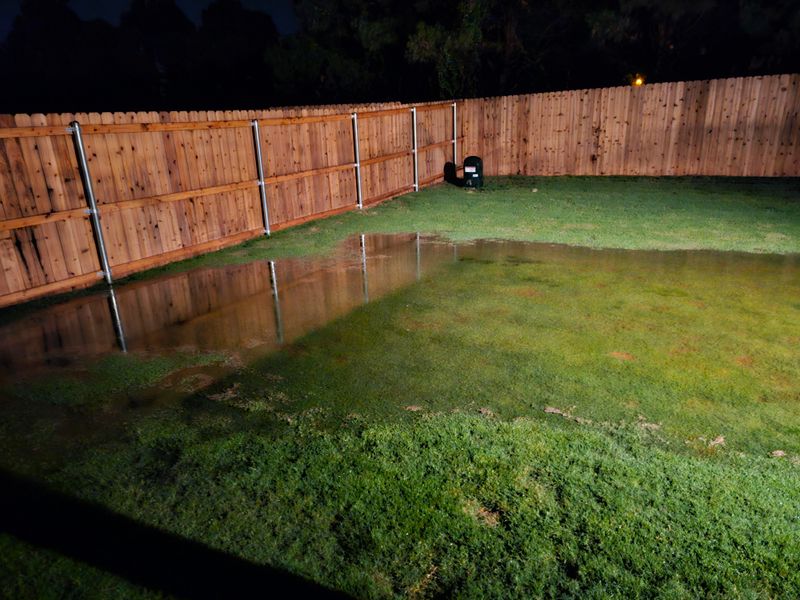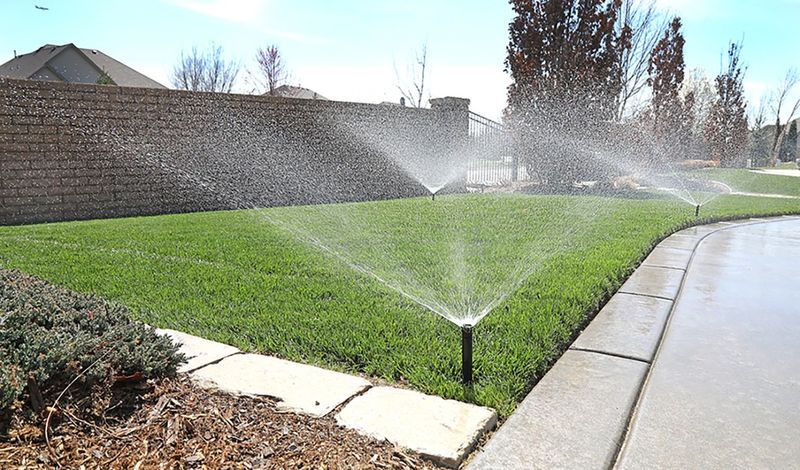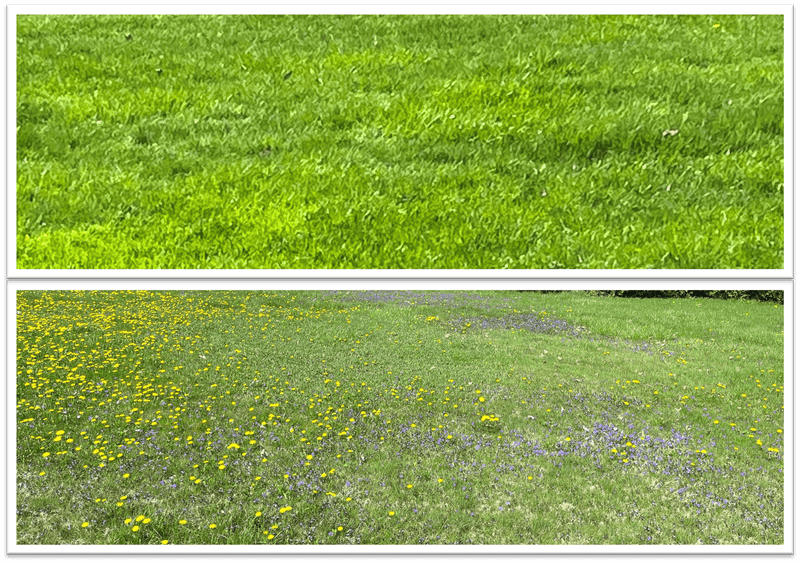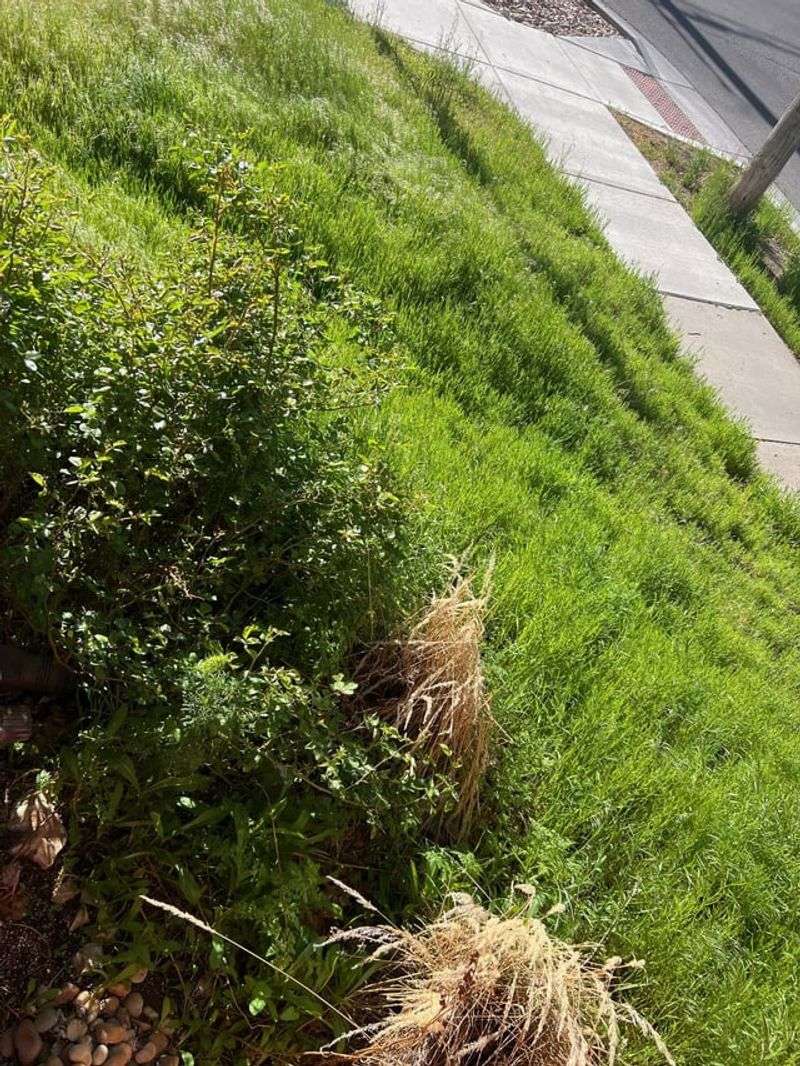Lawn care in California isn’t just about mowing and watering—there are rules, and some might catch you off guard. I thought I was doing everything right until I found out one of my weekend habits was actually against local regulations.
It’s wild how something as simple as using the wrong fertilizer or trimming at the wrong time can get you in trouble. If your lawn routine feels harmless, it might be time for a quick reality check.
Let’s make sure your yard stays lush and legal.
1. Watering During Restricted Hours
Running sprinklers at high noon isn’t just inefficient—it’s against the law in many California cities. Most municipalities prohibit watering between 10 AM and 6 PM when evaporation rates are highest.
During drought emergencies, these restrictions get even tighter, with some areas only allowing irrigation on specific days based on your address. Fines can range from $100 to $500 depending on where in the Golden State you live.
2. Over-Fertilizing Your Lawn
Dumping extra fertilizer on your grass won’t make it greener faster—but it might earn you a citation. Excess nutrients wash into storm drains and eventually reach California’s precious waterways, causing harmful algal blooms.
State regulations limit fertilizer application rates and timing, especially near watersheds. Many California counties now require slow-release formulations and prohibit application before rain events to prevent this all-too-common form of water pollution.
3. Using Banned Pesticides
That old-school bug killer in your garage might be illegal now. California has banned numerous pesticides that remain available in other states, including many common weed and insect controls containing chemicals like glyphosate.
Using these prohibited products can result in substantial fines from California regulatory agencies. Even some products still sold elsewhere might be restricted in your specific county, as local jurisdictions often impose stricter standards than state law requires.
4. Hosing Down Driveways
Grabbing the hose to clean your driveway might seem harmless, but it’s actually prohibited in California without water-efficient equipment. Standard hoses waste gallons of precious water that the state simply cannot spare.
You’ll need to use a water-efficient pressure washer or broom instead. California water conservation ordinances specifically target this practice, and neighbors are increasingly reporting violators through dedicated water-waste hotlines throughout the state.
5. Ignoring Water Runoff
Letting water flow from your lawn onto sidewalks and streets isn’t just wasteful—it’s illegal throughout California. This runoff carries fertilizers, pesticides, and other pollutants directly into storm drains and natural waterways.
California’s Water Board regulations require homeowners to prevent irrigation overspray and runoff. Smart irrigation controllers and properly adjusted sprinkler heads aren’t just good practice in the Golden State—they’re legally required in many municipalities.
6. Planting Invasive Species
That exotic ornamental grass might look stunning, but it could be on California’s naughty list. The state prohibits planting numerous non-native species that can escape yards and threaten natural ecosystems.
Plants like pampas grass and certain ivy varieties are specifically restricted in California counties. Local nurseries should know which plants are problematic, but ultimately, it’s the homeowner’s responsibility to avoid introducing these botanical troublemakers into California’s delicate ecosystems.
7. Improper Green Waste Disposal
Tossing grass clippings over your fence into open space seems convenient but violates California dumping laws. This practice spreads seeds, potentially including invasive species, into protected areas.
California requires proper composting or municipal green waste disposal for lawn trimmings. Some California counties have implemented steep fines for improper yard waste disposal, especially in fire-prone regions where dried clippings create additional hazards.
8. Removing Heritage Trees
Cutting down that massive oak tree without permission could cost you thousands. Many California cities have tree preservation ordinances protecting heritage specimens based on species, size, or historical significance.
Even trimming protected trees often requires permits in the Golden State. Some California homeowners have faced fines exceeding $10,000 for unauthorized removal of protected trees, plus requirements to plant multiple replacements at their own expense.
9. Excessive Leaf Blower Noise
That ear-splitting leaf blower might be breaking more than the sound barrier. Over 80 California cities have enacted partial or complete bans on gas-powered leaf blowers due to noise and pollution concerns.
These ordinances specify permitted hours of operation and maximum decibel levels. Many areas throughout the Golden State now require quieter electric models, with fines for violations that can increase with repeated offenses.
10. Ignoring Drought Restrictions
Maintaining that lush, emerald lawn during a water emergency isn’t just frowned upon—it could violate emergency drought orders. During severe shortages, California authorities can mandate dramatic reductions in outdoor watering.
Some California communities have even implemented water patrols that issue citations for violations. The state’s water code provides for fines up to $500 per day during declared emergencies, with some localities adding their own additional penalties.
11. Excessive Night Lighting
Those bright landscape lights illuminating your yard all night might violate California’s dark sky ordinances. Many communities throughout the state have enacted regulations limiting outdoor lighting intensity and direction to reduce light pollution.
These rules typically require downward-facing fixtures and timers or motion sensors. California’s coastal communities have particularly strict standards to protect marine wildlife, with substantial penalties for creating disruptive nighttime illumination that can disorient protected species.
12. Altering Natural Drainage
Redirecting water flow on your property might solve your soggy lawn problems, but it could violate California watershed protection laws. Changing natural drainage patterns can cause erosion and flooding on neighboring properties.
California’s civil code specifically addresses water diversion liability. Homeowners throughout the Golden State have faced both regulatory penalties and civil lawsuits from neighbors when unauthorized drainage modifications caused downstream damage.
13. Using Non-Compliant Irrigation Systems
That old sprinkler system might be more than outdated—it could be illegal. California’s Model Water Efficient Landscape Ordinance requires specific efficiency standards for all new irrigation installations.
Requirements include pressure regulators, check valves, and in many cases, smart controllers with weather sensors. Throughout California, non-compliant systems must be upgraded during major renovations, with some municipalities offering rebates to offset costs while still enforcing the regulations.
14. Applying Pesticides Before Rain
Spraying weed killer right before a storm isn’t just wasteful—it’s illegal under California’s water protection regulations. Chemicals applied before rainfall wash directly into storm drains and waterways instead of being absorbed.
State law requires checking weather forecasts before application and prohibits spraying within 48 hours of predicted precipitation. California’s Department of Pesticide Regulation can impose substantial fines on homeowners who contribute to water contamination through improper timing of chemical applications.
15. Failing to Control Noxious Weeds
Ignoring those weeds might seem like a natural approach, but it could violate California’s weed abatement laws. Property owners are legally required to control certain invasive species that threaten agriculture or native ecosystems.
Plants like yellow starthistle and Scotch broom are specifically targeted in California regulations. Local agricultural commissioners throughout the Golden State have authority to issue abatement notices, and if homeowners don’t comply, the county may perform the work and bill the property owner.

